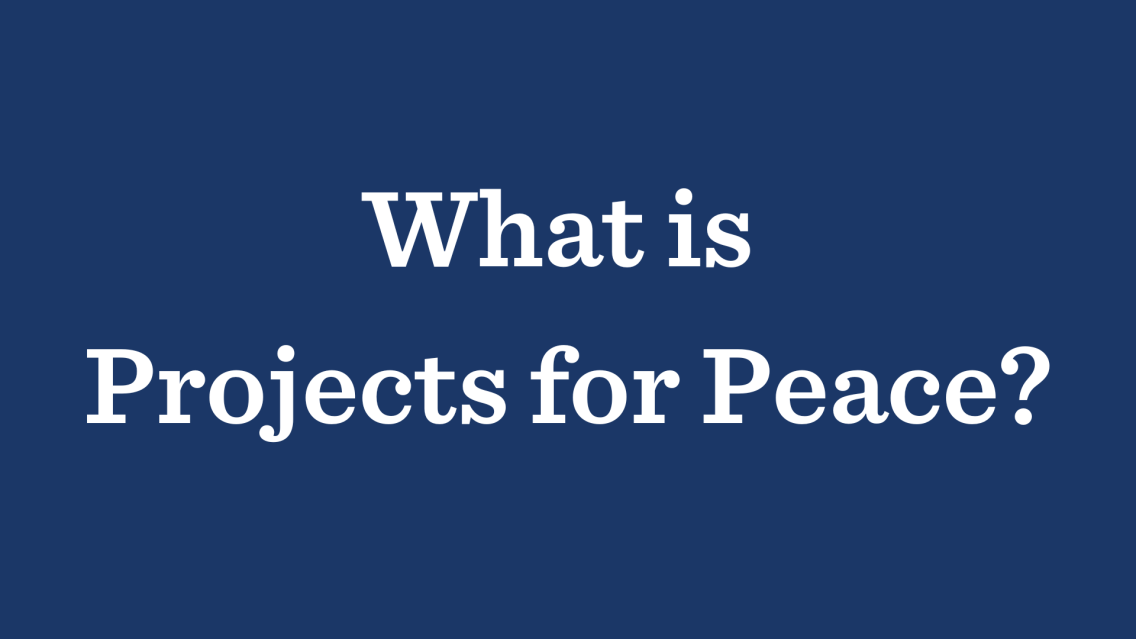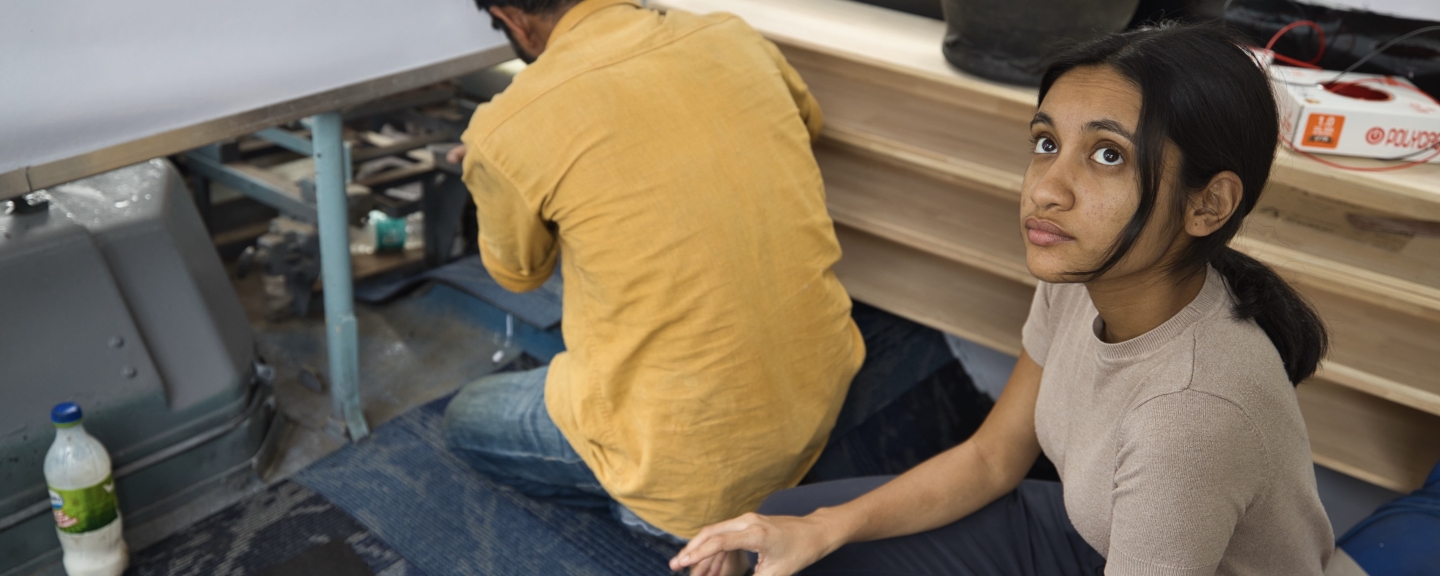
About Us
“I want to use my 100th birthday to help young people launch some immediate initiatives—things that they can do during the summer—that will bring new thinking to the prospects of peace in the world.”
- Kathryn Wasserman Davis
Snapshots of past Projects for Peace set to words about “preparing for peace” from founder Kathryn W. Davis.
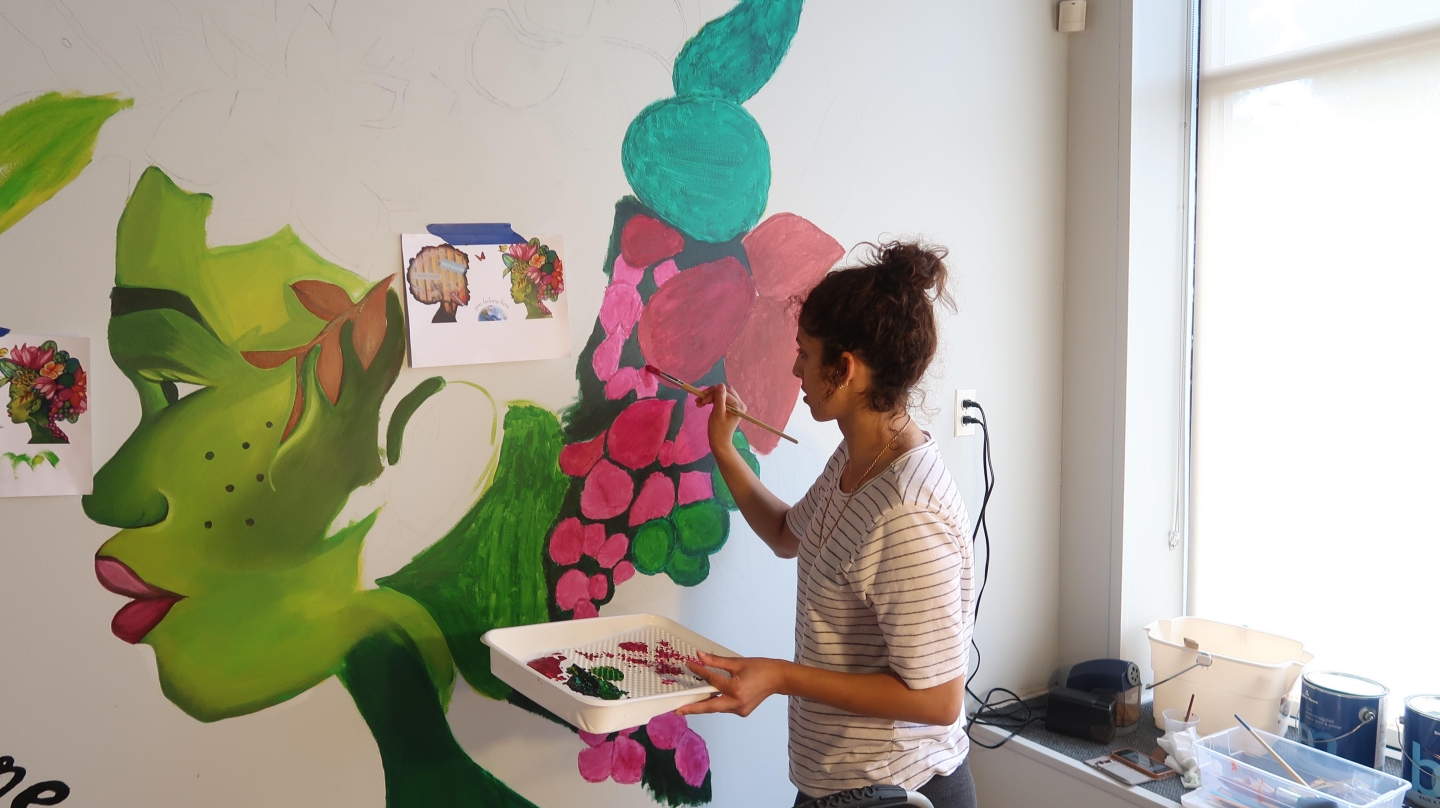
Investing in Youth
In 2007, philanthropist Kathryn Wasserman Davis celebrated her birthday with a remarkable investment in youth: committing $1 million for the first 100 Projects for Peace.
Mrs. Davis’ legacy lives on: the Davis family and friends believe, like Mrs. Davis did, that today’s youth—tomorrow’s leaders—ought to be challenged to formulate and test their own ideas.
To date, more than 2,000 Projects for Peace have been implemented in over 150 countries.
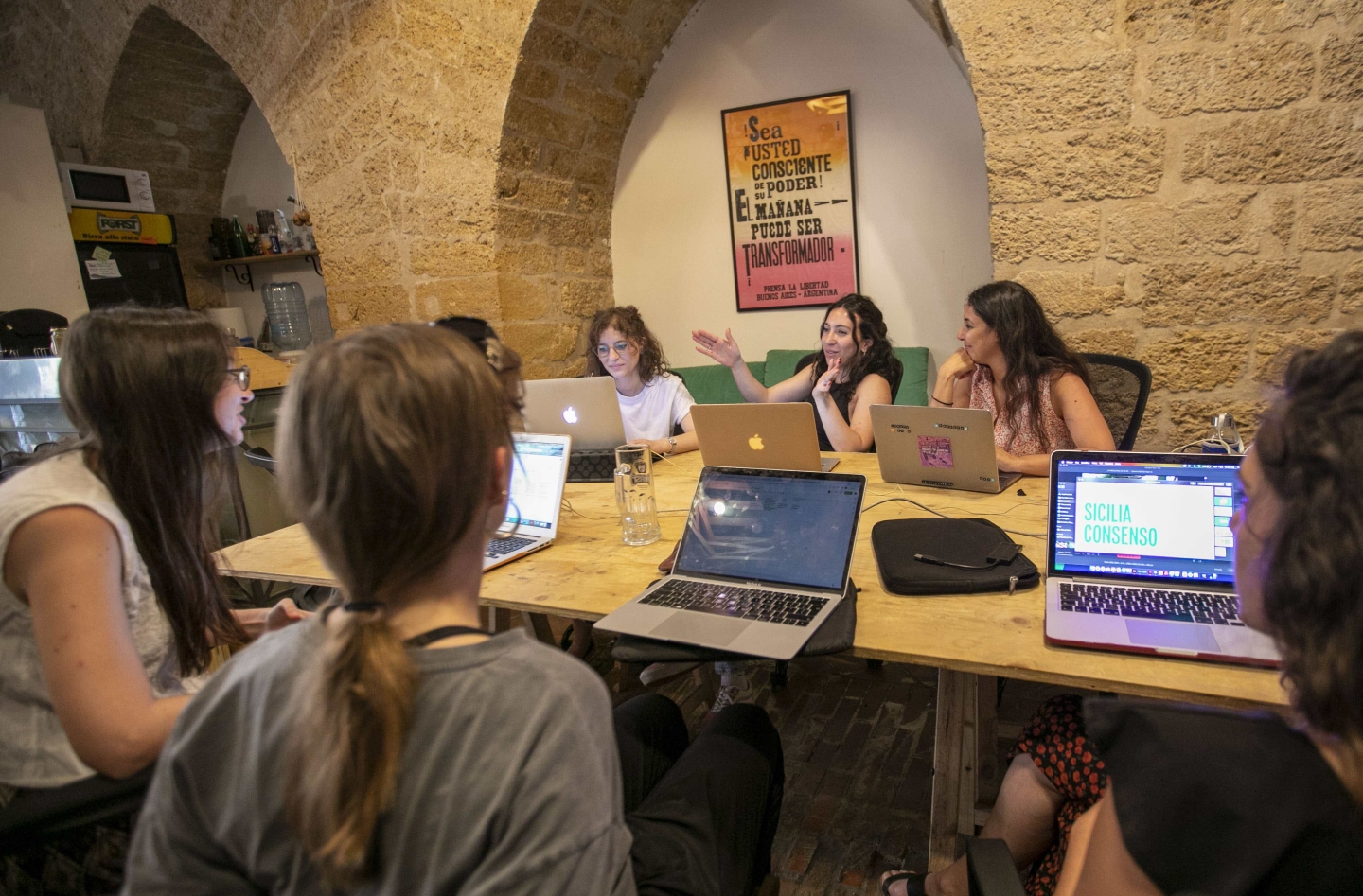
Community Engagement
In 2022, the administration of the program moved from its original location at the Davis United World College Scholars Program to its new home at the Middlebury College Center for Community Engagement.
That same year, the Davis Collaborative in Conflict Transformation announced the Projects for Peace Alumni Award, which celebrates the persistence of our alumni in working for peace and transforming conflict.
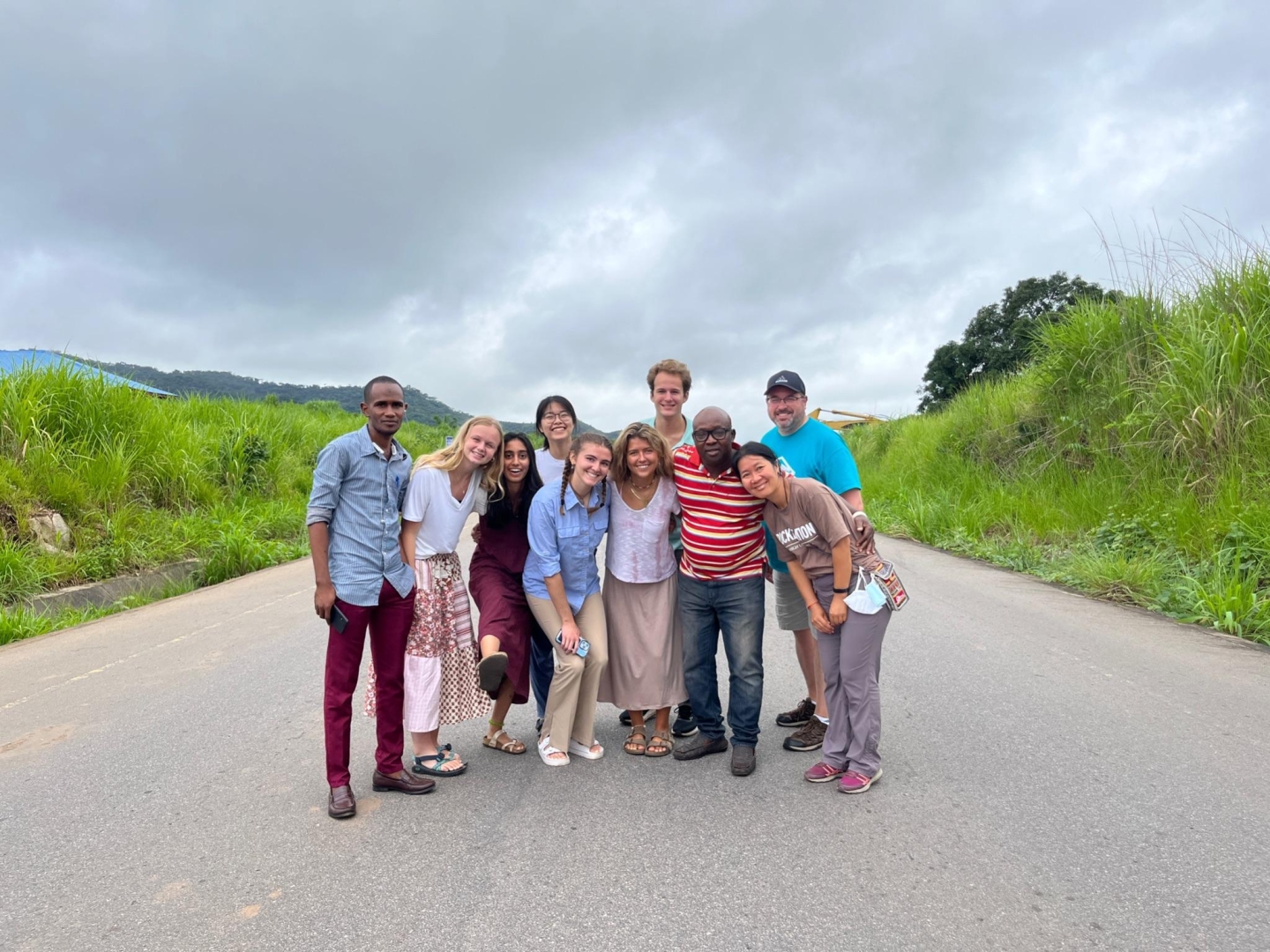
Ripples of Impact
By designing, implementing, critiquing, and reflecting on their Project for Peace, students develop an awareness of what it means and what it takes to be a peacebuilder and change-maker.
Students partner closely with their communities to address long-standing or emergent issues. The project team may use any of a variety of approaches that reflect the students’ skills and leverage community strengths.
Partner institutions amplify peace-building aspirations on their campus by integrating the program into curricula and promoting the accomplishments of their grantees.
Learn More About:
-
Summer Grants
Details on key points from student eligibility to our partners.
-
Alumni Award
Details on key points from nominations to the selection process.
-
Project Archive
Explore all the Projects for Peace.


